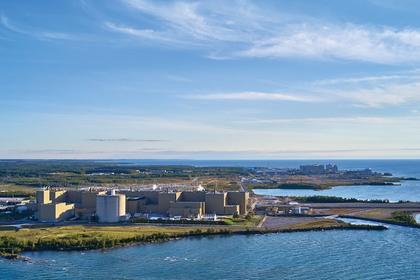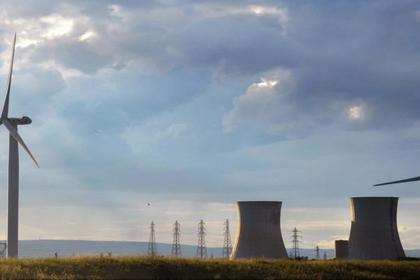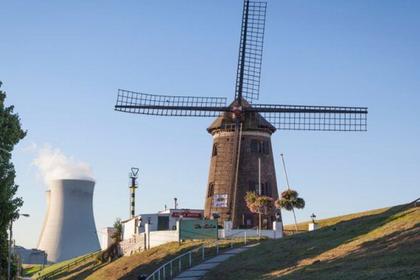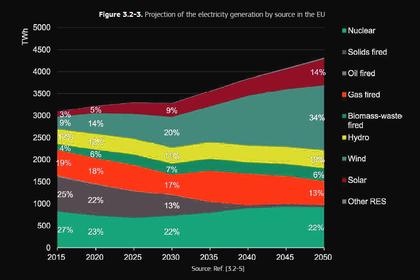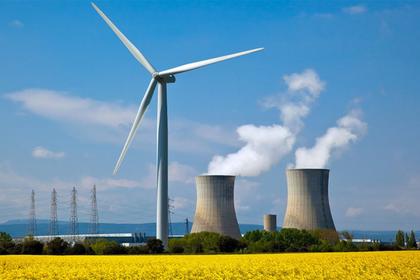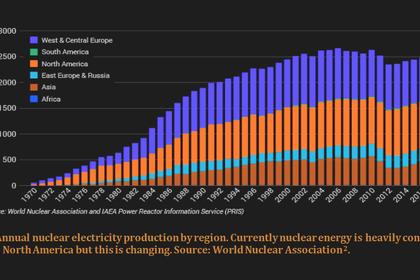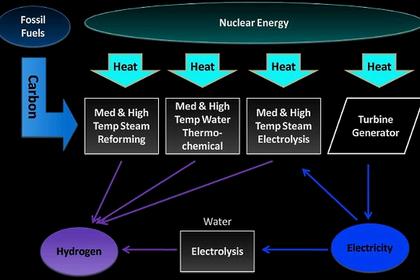
UAE NUCLEAR DECARBONISATION
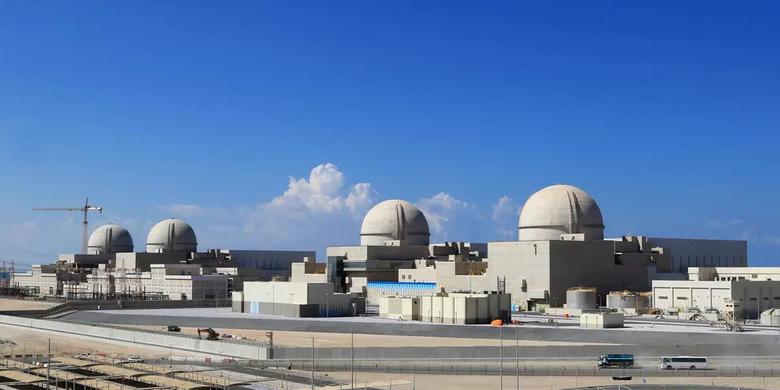
WNN - 07 April 2021 - The United Arab Emirates has shown it is possible to build a new civilian nuclear energy programme from scratch within little more than a decade. Mohamed Al Hammadi, CEO of Emirates Nuclear Energy Corporation, describes the significance of this feat for the global nuclear industry.
"This week, the UAE celebrated the achievement of commercial operation of the first of four APR-1400 reactors. This is a step in the right direction for the decarbonisation of our power sector, as well as a significant increase in energy security and sustainability, but even more importantly it is a signal to the entire nuclear energy industry of what is possible.
A little more than a decade ago, the UAE made a firm commitment to become the first Arab nation to develop a peaceful nuclear energy programme. It did so by setting a new global standard for new build and new operating nuclear projects. Today, the achievement of commercial operations in a new nuclear nation is a very positive milestone for an industry that needs more plants, more projects and more generation. It proves that large-scale nuclear projects with international partners and commercial financing are achievable to the highest standards. As a result, our success can encourage other nations to consider nuclear energy as one of the few technologies capable of curbing emissions and thus tackling climate change.
Whilst the pandemic has brought unprecedented disruption across all aspects of society, business and industry, it has also provided clarity around the need for a more sustainable future and an opportunity for those willing to lead the way. For the energy sector, COVID-19 has underscored the need for future electricity systems that are not only sustainable, but also resilient.
For decades, nuclear energy has demonstrated its ability to be the cornerstone that supports a modern, resilient and clean energy system. It has also been the cornerstone of scientific research and development, enabling space exploration, medical breakthroughs and new food safety processes. In the recent pandemic, nuclear energy continued to provide baseload and clean electricity during all the confinements; powering hospitals and research labs to help us navigate through the crisis.
Thanks to the nuclear safety culture, as well as the dedication, professionalism and international collaboration of nuclear professionals, all of the world’s nuclear power plants continued to operate, as we shared the lessons learned on how to best protect our people and our sites. Operators and regulators have continued to ensure safety and security at plants worldwide even as the pandemic has impacted them in various ways, including their planned outages and maintenance schedules.
Therefore, we believe that achieving the commercial operation of a new reactor is a major milestone for ENEC and the UAE, and an important highpoint for the entire global nuclear industry. The world needs more nuclear energy if it truly wants to meet the objectives of the Paris Agreement, and the world needs to learn more from our unique culture of safety and our ability to continuously improve our performance.
Nuclear energy was the second largest source of global low-carbon electricity in 2019 after hydropower. With demand for electricity now the fastest growing final demand source, highlighted by a 3% forecasted growth in global electricity demand in 2021, nuclear energy will remain a key contributor to maintaining economic growth and making the post-pandemic recovery a green one.
As of today, there are over 440 nuclear energy reactors operating in 32 countries around the world, providing one-third of global low-carbon electricity. A further 50 nuclear power units are now under construction and will contribute to clean, sustainable electricity generation in the future. The reality is that, if we want to really curb emissions of the power sector at a material level, we need more civil nuclear energy.
In the UAE, we are now benefiting from clean and abundant electricity powered from nuclear energy. With the first unit of the Barakah Nuclear Energy Plant having commenced commercial operations this week, the nation has entered a new era in clean electricity generation.
Operating at 100% power, the unit is now the largest single source of electricity in the UAE. And once its four units are fully operational, Barakah will be the 7th largest nuclear power plant in the world. It will serve a national population of just under 10 million and provide up to 25% of the country’s electricity needs for the next 60 years ahead. Add to this the current and future pipeline of large-scale renewable energy plants that the UAE will bring on line in the years ahead, and you have one of the biggest success stories of decarbonisation of a power sector in the world.
In the post-COVID 19 era, we must celebrate any positive step that consolidates the role of the nuclear energy industry. Today, we are sharing our celebration of the commercial operation of our first unit in Barakah with everyone in the global nuclear industry. It is a step in the right direction for clean electricity production, supporting economic growth, job creation, innovation and, most importantly, providing a proven solution to climate change for a more sustainable and resilient world."
-----
Earlier:
